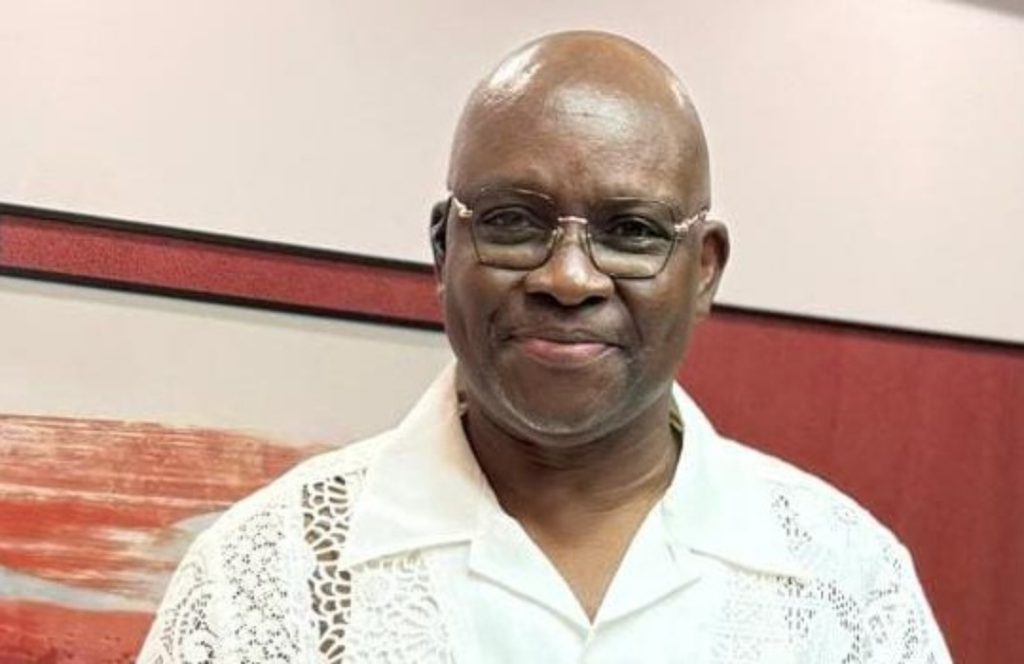A former Rwandan gynaecologist is currently on trial in France, facing charges of genocide and crimes against humanity in connection with the horrific 1994 massacres in Rwanda. Sosthene Munyemana, 68, appeared at the Assize Court in the French capital decades after a complaint was initially filed against him in Bordeaux in 1995.
The trial, which is one of France’s longest-running cases, marks a significant moment in the pursuit of justice for the victims of the Rwandan genocide. Munyemana, who has been living in France since 1994, is accused of organizing torture and killings during the genocide of Tutsis in Rwanda. If convicted, he faces the possibility of a life sentence.
Munyemana’s trial, scheduled to last five weeks, has been highly anticipated and will be recorded for historical archives. This trial is the sixth of its kind in France, where approximately 800,000 people, predominantly ethnic Tutsis, were brutally slaughtered over a period of 100 days.
The proceedings have gained attention from various quarters, with Rachel Lindon, a lawyer representing 26 victims, expressing the urgent need for justice. She highlighted the dwindling number of witnesses over time, underscoring the importance of delivering justice without further delay.
Notably, Munyemana, who had previously worked in a hospital in Villeneuve-sur-Lot in southwest France for a decade, had his asylum request rejected in 2008. Additionally, France dismissed an extradition request from Rwanda in 2010, following Munyemana’s argument that he could not receive a fair trial in Rwanda.
It is alleged that Munyemana, an ethnic Hutu who resided in Butare, southern Rwanda during the genocide, was closely associated with Jean Kambanda, the head of the interim government formed after the tragic downing of President Juvenal Habyarimana’s plane in 1994. Munyemana is accused of aiding in drafting a letter of support for the interim government, which reportedly encouraged the massacre of the Tutsis. Moreover, he is also accused of subjecting Tutsi civilians to inhumane conditions in local government offices, which he had access to.
His defence argues that the case relies solely on eyewitness accounts dating back decades, highlighting the challenges of relying on testimonies for events that occurred a long time ago. Munyemana worked as an emergency doctor in south-western France before transitioning to geriatrics.
This trial serves as a critical juncture in the pursuit of justice for the victims of the Rwandan genocide, and it reflects France’s commitment to trying and convicting individuals allegedly involved in the massacres. As the proceedings continue, the world watches with bated breath, awaiting the outcome of this significant trial.
In 1994, more than 800,000 people, mostly minority Tutsis, fell victim to the atrocities carried out by Hutu soldiers and extremist militias during the Rwandan genocide from April to July. The trial of Munyemana signifies a crucial effort to hold perpetrators accountable and deliver justice for the victims of this harrowing chapter in Rwandan history.



